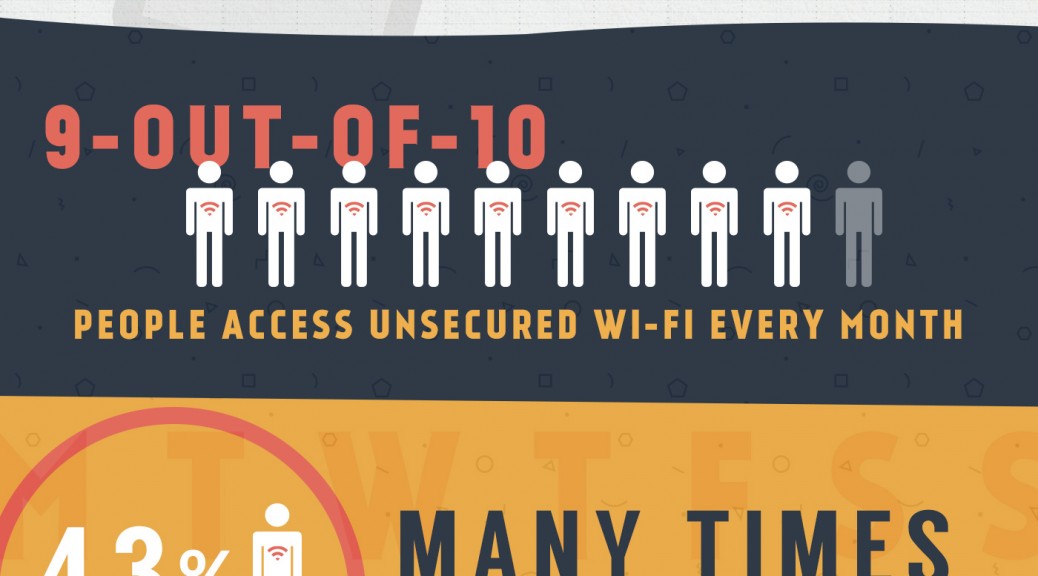I recently called my friend Mary to wish her a happy 83rd birthday. She was having a fine day, but had just received a disturbing phone message from the IRS requesting that she call back urgently to settle a tax debt, and that she could use her credit card to do so.
Thankfully, Mary was too smart to trust a blind call from a purported IRS representative – because the call was a one of the “imposter” tax fraud scams making the rounds. In this case, a con artist impersonates a government official and tries to bilk trusting taxpayers for un-owed back taxes. (This type of scam also happened to me last year, though not at tax time!)
Of the 2.5 million consumer complaints received by the Federal Trade Commission last year received, the imposter scams were the third most common. Debt collection scams ranked second. But at the very top of the list is identity theft. (You can see the full list here.)
In tax identity theft, scammers steal Social Security numbers to file for a tax refund before the real taxpayer can. In many cases, victims may not even learn about the fraud until they file a return, at which point IRS notifies them that the return has already been filed and paid!
The IRS announced that the number of tax identity theft cases has doubled each year in recent years. It estimated it has paid out $5.8 billion in fraudulent tax refunds in 2013 because of identity theft. The IRS also reported it also was able to stop another 5 million attempts to get fraudulent refunds, which saved taxpayers another $20 billion.
Many tax fraud cases involve stolen social security numbers. CNNMoney reports that hackers stole more than 6.5 million Social Security numbers last year, with up to 80 million more at risk this year as part of the Anthem data breach alone.
2014 is sometimes called the year of the hack and it is clear that while large-scale breaches continue we will surely see elevated rates of identity theft, especially in the tax season.
All is not lost though, by following a few steps you can help keep all your credentials in the right place:
- Always keep you AntiVirus up to date! If you don’t protect your device, your data could be vulnerable to attack.
- Never click a link you don’t trust. If in doubt, visit the official website and log in to your account there.
- Shred physical copies of important documents when they’re no longer needed.
- Don’t trust urgent phone calls or emails from the IRS demanding action and personal information. The IRS will never contact you by phone or email!
- If you do get contacted, make a note of their number, and report it to the IRS at its fraud report site.
Here’s wishing you many happy returns!



